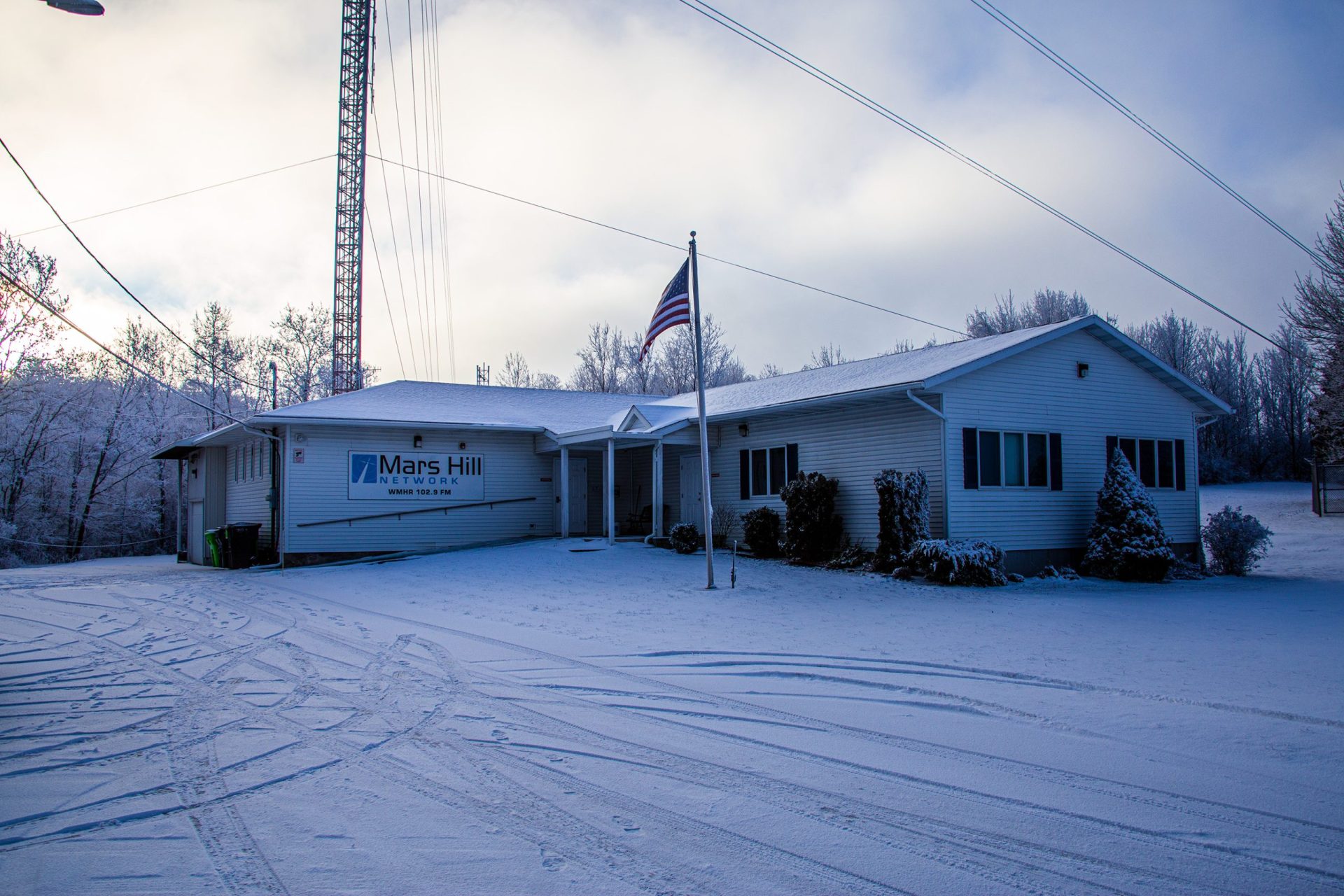The Media Line: Lebanese Unified Fronts Against Hezbollah’s Escalation as Fears of War Increase
Written by on July 23, 2024
[[{“value”:”
Lebanese Unified Fronts Against Hezbollah’s Escalation as Fears of War Increase
Christian parties and members of the Shiite community are raising their voices against the armed group’s war with Israel, but experts say the opposition is unlikely to have an impact
Andrea López-Tomàs/The Media LineThe Media Line
[Beirut] For “Joseph,” a farmer in his seventies in northern Lebanon, life can be idyllic. His farmland is surrounded by a variety of trees, a meadow, and a river, which bathes the surroundings with the sound of falling water. The nearby church only adds to the area’s charm.
Yet a growing fear has been threatening the tranquil nature of Joseph’s tiny village: the fear of war. The conflict between Hezbollah and Israel that broke out following Hamas’ October 7 attack on Israel shows no signs of stopping, and some suspect that all-out war is on the horizon. As the likelihood of war intensifies, more and more voices in Lebanon are speaking out against Hezbollah, an armed group backed by Iran.
“Why are we subjected to the decisions of a foreign power? If Iran decides to go to war, it’s our people and our country that will bear the consequences,” Joseph, who agreed to speak on condition of anonymity, told The Media Line.
Throughout its history, Hezbollah has faced opposition from many fronts in the national arena. Christian parties such as the right-wing Kataeb Party and the center-right Lebanese Forces have long disapproved of the group.
Now, after nine months of continuous battle, some other national actors have joined them in their critiques. However, experts say the effects of this opposition will be limited.
David Wood, senior Lebanon analyst for the International Crisis Group, told The Media Line that Lebanese opposition to Hezbollah is fragmented and has little chance of bringing about a cease-fire.
Joseph Daher, a Syrian-Swiss academic and author of “Hezbollah: The Political Economy of the Party of God,” described Lebanese resistance to Hezbollah as “very limited.” “It is represented mostly by significant individuals not by groups,” he told The Media Line.
A few weeks ago, 31 members of Lebanon’s opposition shared a statement on the war directed at the Lebanese government, regional and international powers, and Hezbollah itself. In an attempt to gain support for a separation of Lebanon’s path from that of Gaza, the lawmakers called for an implementation of UN Security Council Resolution 1701. That resolution, which was passed at the end of the 2006 Israel-Hezbollah war, calls for the replacement of Hezbollah forces in southern Lebanon with troops from the Lebanese military.
Interim Prime Minister of Lebanon Najib Mikati has acknowledged his government’s inability to control Hezbollah. Yet the support of the Lebanese people still makes a difference to the armed group.
“Despite not having an opponent strong enough to stop it from fighting the war, Hezbollah still wants to get as many Lebanese on board as possible,” Wood said. “This is the reason why [Hezbollah leader Hassan] Nasrallah is always emphasizing what they’re doing as a support front [to Gaza] and is directly tying what Hezbollah is doing to the Palestinian cause, probably in part because the Palestinian cause is quite popular in Lebanon.”
Daher said that Hezbollah is aware of the disastrous consequences that could result from an all-out war. “They don’t want a war because Nasrallah knows that the Lebanese would suffer massively and that they don’t have the same support as during the previous war of 2006,” he said, noting that the group has become more isolated in the Lebanese national scene since the last war.
Lebanese Forces leader Samir Geagea has been the most vocal politician opposing the war, calling on Hezbollah to leave southern Lebanon for the country’s interior. “No party has the right to throw a people into war,” Geagea said in April. “We support the Palestinian cause, but we are against those who profit from it.”
Since the start of the war against Gaza, small initiatives by Shiite groups opposed to Hezbollah and the war have multiplied. Southern Lebanon, which has been hardest hit by the conflict with Israel, is primarily Shiite. Many residents of the area have lost their livelihoods, their homes, and their belongings.
“We don’t want our community, or any other group in Lebanon, to be taken hostage by Iran,” Lina Hamdan, a Shiite opposition figure and former parliamentary candidate, said in February.
Hezbollah, which is Shiite in nature, is not particularly worried about the opposition becoming more widespread. “The lack of a constructed mass base for Shiite opposition is connected to the ability of Hezbollah to prevent any kind of alternative opposition both on coercion and consent,” Daher said. “It has been able to even monopolize the resistance to Israel also by force.”
Wood also said that mass resistance to Hezbollah is unlikely to materialize.
“Especially in certain communities, it might not be a very comfortable thing to oppose the war and what Hezbollah does,” he said.
Brought to you by www.srnnews.com“}]]




